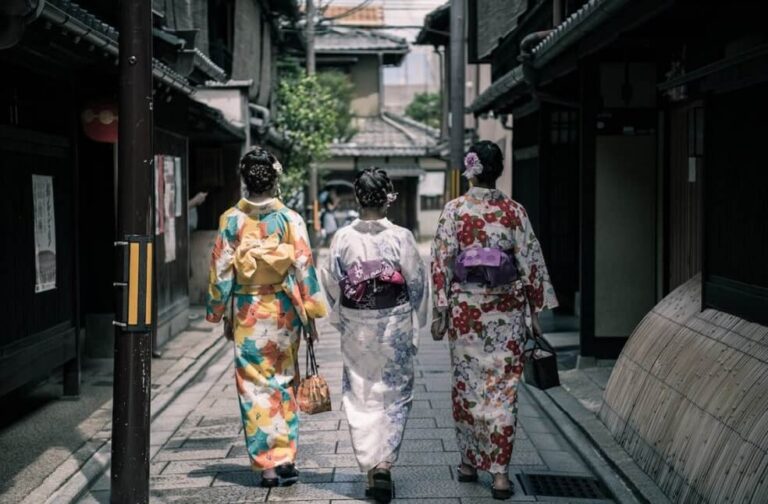Tokyo, Japan: Japan’s economy has unexpectedly shrunk for the first time in the year due to the rising cost of living. The world’s third biggest economy is struggling to motor on despite the recent lifting of COVID-19 curbs. Japan has faced extreme pressure from red-hot global inflation, extensive interest rate increases worldwide and the Ukraine war.
Gross domestic product (GDP) has fallen to annualized 1.2 percent in the three months to the end of September.
People reduced their expenditure due to the concerns about a global slowdown and the higher costs of imports. However, economists expect the third biggest economy to stay out of the recession when it rebounds this year.

“We are expecting a flip back into expansion by the end of 2022”, Mr. Darren Tay, an Economist focusing on Japan at Capital Economics declared in the message to investors.
The Japanese economy “will benefit from a rebound in inbound tourism and a stronger trade balance. But virus risks and rising inflation will limit the extent of the recovery,” Mr. Darren Tay added.
Along with the international economy slowing and inflation increasing globally, the South Asian country has struggled as its currency lost value against dollar this year. Japan has been dealing with the challenge of the yen’s slide to 32-year lows against the dollar, which further increased the cost-of-living strains by lifting the price of everything in the country.

“The contraction was unexpected,” Mr. Atsushi Takeda, Chief Economist at Itochu Economic Research Institute remarked while adding that the biggest aberration were the larger-than-expected imports.
EY’s Asia Pacific Strategy Execution Leader, Ms. Nobuko Kobayashi, points out that the currency’s slide is good news for Japanese companies that sell their goods abroad.
“For the exporters, a weaker yen is definitely positive as it pushes down the cost. For those who produce and locally serve overseas markets, the profit converted into yen is inflated because of cheaper yen. Thus, automotive and electronics sectors benefit from weaker yen,” Ms. Nobuko commented.



